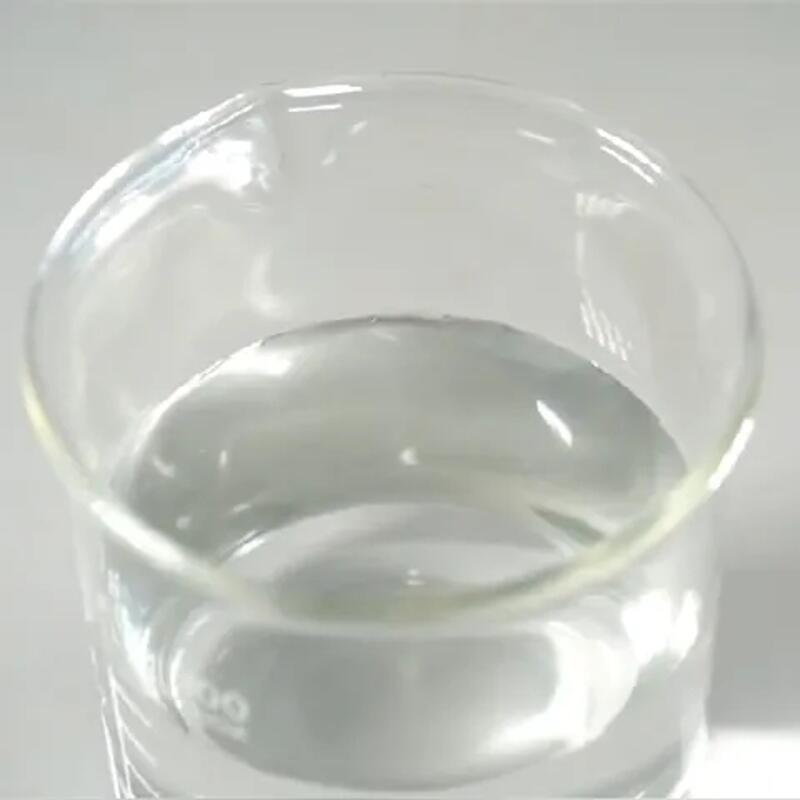-
Categories
-
Pharmaceutical Intermediates
-
Active Pharmaceutical Ingredients
-
Food Additives
- Industrial Coatings
- Agrochemicals
- Dyes and Pigments
- Surfactant
- Flavors and Fragrances
- Chemical Reagents
- Catalyst and Auxiliary
- Natural Products
- Inorganic Chemistry
-
Organic Chemistry
-
Biochemical Engineering
- Analytical Chemistry
-
Cosmetic Ingredient
- Water Treatment Chemical
-
Pharmaceutical Intermediates
Promotion
ECHEMI Mall
Wholesale
Weekly Price
Exhibition
News
-
Trade Service
Pain during pregnancy is common.
in addition to the causes of pain that usually affect women of childbearing age, pregnant women experience a range of physiological changes, including ligament relaxation and weight gain, which can trigger or even exacerbate a range of pain conditions.
, analgesants, including opioids, are often used during pregnancy.
has studied nationwide statistics showing that about 22 percent of Medicaid beneficiaries and 14 percent of commercial insurance beneficiaries used at least one opioid prescription drug during pregnancy.
in European countries, Canada and Australia, opioid use during pregnancy is lower than in the United States, but not as low (about 5 percent in most of the study population).
epidemiological studies have shown that opioids may have teratogenic effects, but the evidence is still limited and contradictory.
Not long ago, a meta-analysis by the U.S. Centers for Disease Control and Prevention (CDC) found that previous studies on opioid-to-teratogene were mostly linked to an increased overall risk of diseases such as congenital malformations, cardiovascular malformations, room gap defects/room gap defects, spina bifida, cleft mouth, and foot-flipping in horseshoes.
, the link between opioids and congenital malformations remains fairly uncertain, given the poor quality of the evidence.
, a team of experts from Harvard Medical School and Bregan Women's Hospital conducted a comprehensive assessment of the risk of malformation in the offspring of women exposed to opioids in the early stages of pregnancy.
results were published in the latest Issue of the British Medical Journal (BMJ).
the study included 160,2580 pregnant women participating in social insurance and 1177,676 pregnant women participating in commercial insurance.
the use of opioid prescription drugs is required to use opioids at least twice in the early stages of pregnancy (the first three months of pregnancy).
the main test results were deformity of the offspring's heart, room gap defect, room gap defect/egg round hole not closed, neural tube defect, foot flipping in horseshoe and fracture of the mouth, etc.
showed that 4.4 per cent (70,447) and 1.1 per cent (12,454) of pregnant women participating in social public and commercial insurance had recorded opioid use twice or more in the first three months of pregnancy.
the overall absolute risk of malformation in the offspring of pregnant women using opioids was 41.0 (95%CI:39.5-42.5), while the overall risk for women participating in social and commercial insurance was 32.0 (31.7-32.3) and 37.3 (37.0-37.7), respectively.
the mixed factors, it was found that pregnant women who used opioids had the highest relative risk of cleft palate and cleft mouth, at 62 percent and 21 percent, respectively, compared to the overall pregnant population.
Further analysis showed that the risk of cardiovascular malformation, room space defects/ovary holes not closed, neural tube defects and foot-turning in horseshoes increased by 9%, 7%, 4%, 5% and 6%, respectively, but did not have statistical significance.
researchers point out that the teratogenic effects of opioids are biologically similar to endogenous opioids, which are mainly involved in various aspects of growth and development.
, it is widely believed that the use of exogenous opioids during critical periods of pregnancy can disrupt normal developmental processes and lead to congenital malformations.
, the study showed that the use of prescription opioids in early pregnancy was not associated with the risk of most considered types of malformation, but led to an increased risk of cleft palate and cleft mouth in future generations.
: Bateman Brian T,. et al. Association of first trimester prescription opioid use with congenital malformations in the offspring: population based cohort study BMJ 2021; 372 :n102. Doi: 10.1136/bmj.n102MedSci Original Source: MedSci Original Copyright Notice: All text, images and audio and video materials on this website that indicate "Source: Mets Medicine" or "Source: MedSci Original" are owned by Mets Medical, are not authorized, and any media, website or individual may not reproduce them with the words "Source: Met Medical".
all reprinted articles on this website are for the purpose of transmitting more information and clearly indicate the source and author, and media or individuals who do not wish to be reproduced may contact us and we will delete them immediately.
at the same time reproduced content does not represent the position of this site.
leave a message here







